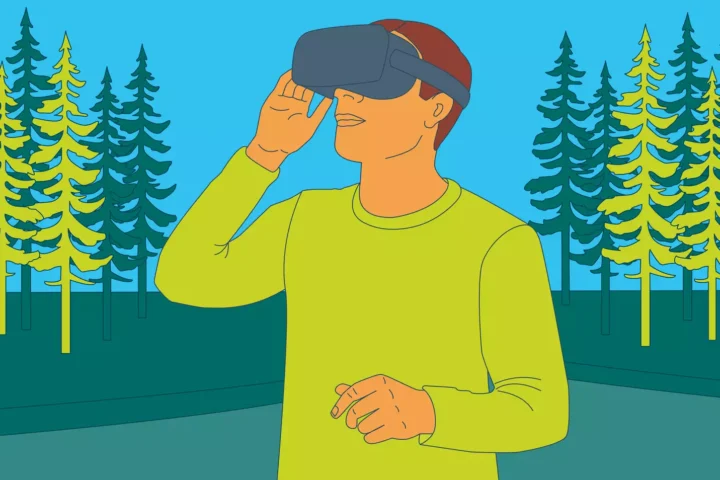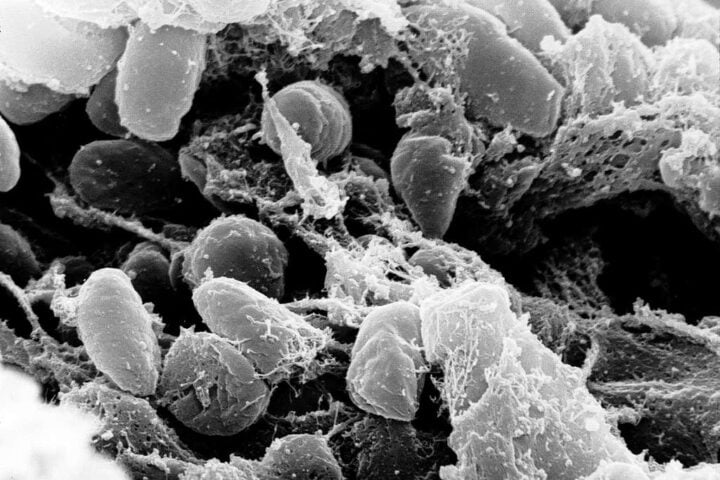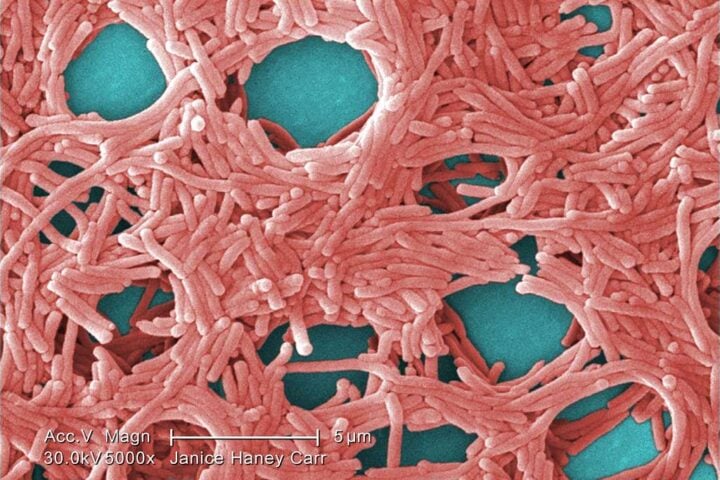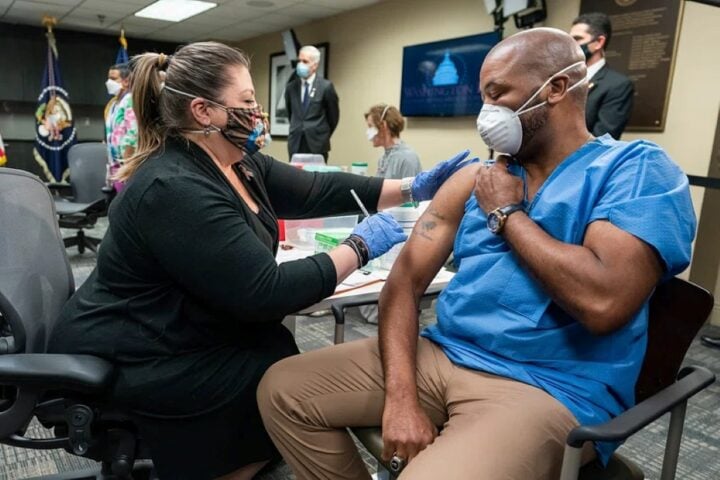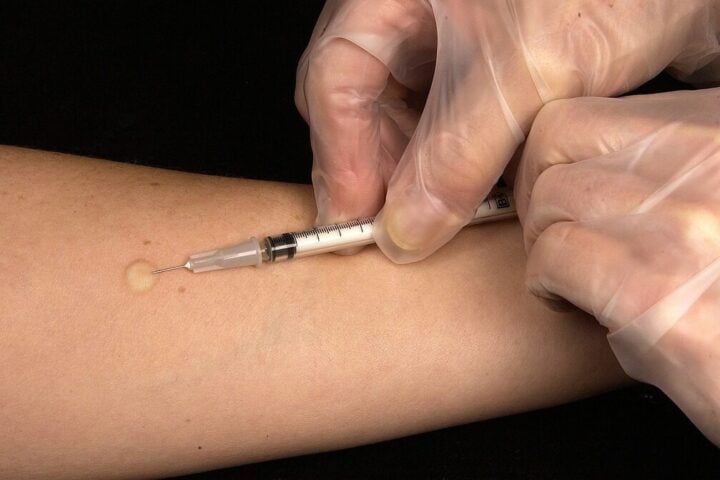Diabetes is not a killer disease, but you can survive with diabetes on a regime of tablets. What causes diabetes? It is not just unhealthy food or sedentary lifestyle, but lack of sleep can also put you at risk of developing diabetes. According to a new study published in ‘JAMA (Journal of the American Medical Association) Network Open journal, lack of sleep may contribute to the development of type 2 diabetes through various mechanisms, such as impaired cellular insulin sensitivity and altered gut microbiota composition (in gastrointestinal tract) among others. The study used data from one of the largest population databases in the world, the U.K. Biobank, in which nearly half a million genetically mapped participants from U.K. responded to questions on health and lifestyle. Researchers followed the participants for over ten years. They found that compared to people who slept the recommended seven to eight hours daily, individuals who slept five hours per day had a 16% higher risk of developing type 2 diabetes. Those who got only three to four hours of sleep daily faced a 41% higher risk. The study suggests that healthy eating did little to lower the risk in people who had an extremely short sleep duration.
Type 2 diabetes, more common in older people, affects the body’s ability to process sugar (glucose), hindering insulin absorption. This results in high blood sugar levels. In 2015, another study published in Diabetologia had also examined the link between sleep loss and diabetes. The researchers from the University of Chicago found that after three nights of getting only four hours of sleep, blood levels of fatty acids, which usually peak and then recede overnight, remained elevated from about 4 am to 9 am. As long as fatty acid levels remained high, the ability of insulin to regulate blood sugars was reduced.
Similar Posts
Lack of sleep may indeed contribute to the risk of developing Type 2 diabetes. But there are other factors in play as well, for example, genetic predisposition, sedentary lifestyle, and unhealthy eating. While genetics cannot be changed, one can certainly reduce the risk of developing diabetes by a combination of proper sleep, diet, and exercise. Unfortunately, most of these are in short supply in the majority of Indians, who form the largest populated nation, according to Dr. Anoop Mishra, chairman, Fortis C-Doc. India has now more than 101 million people living with diabetes compared to 70 million people in 2019. This was claimed in an ICMR (Indian Council of Medical Research) study published in the U.K. medical journal ‘Lancet’ last year. While the numbers are stabilizing in some developed states, they are increasing at alarming rates in many others. This warrants urgent state-specific interventions.
Lack of sleep is quite common in urban areas. Factors such as work schedule, stress, economic pressure, and social media play a role. But we need to find ways to improve this to reduce the risk of health issues it is associated with. The JAMA Network Open Study links it to diabetes, but there have been other studies suggesting a potential link between lack of sleep and neurological disorders as well, doctors say. In short, a balance has to be found between hours of work and duration of sleep, as our body needs enough exercise as well as enough sleep.




